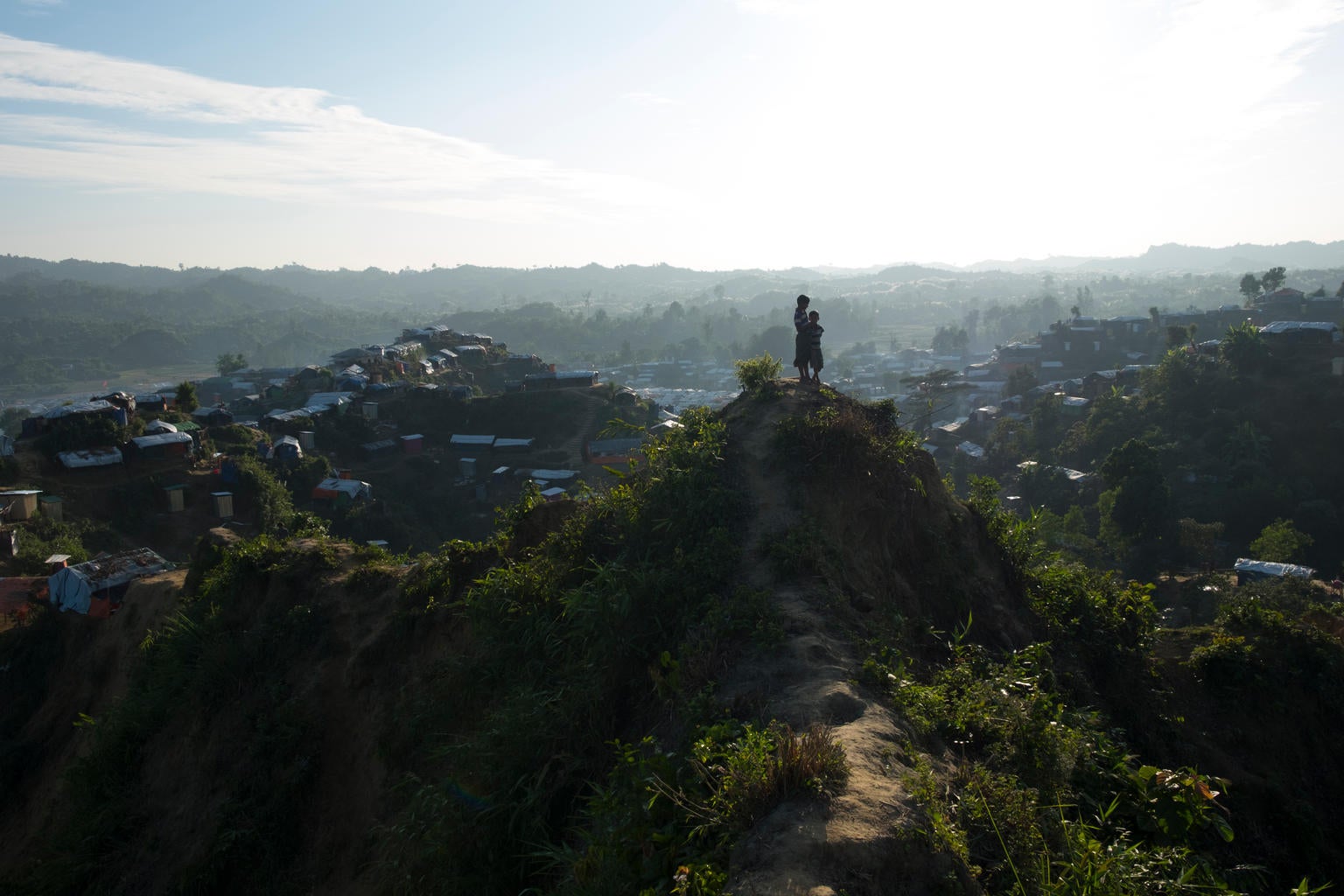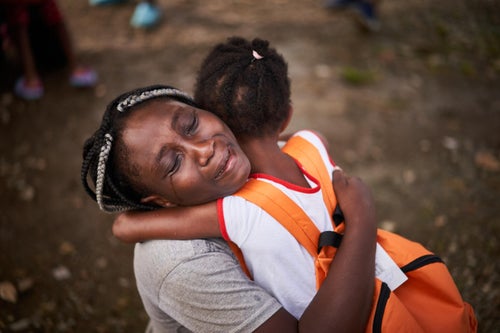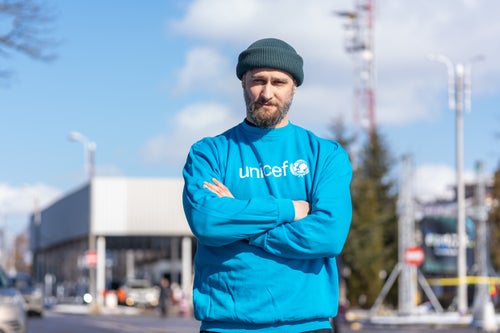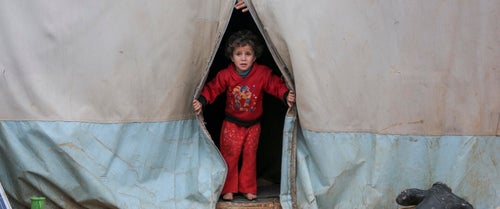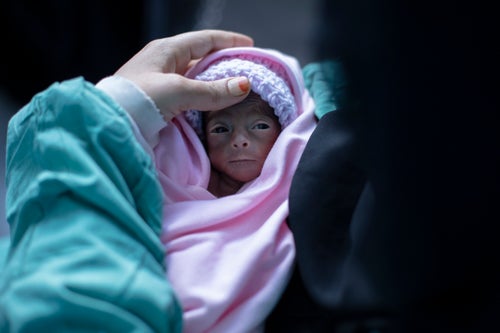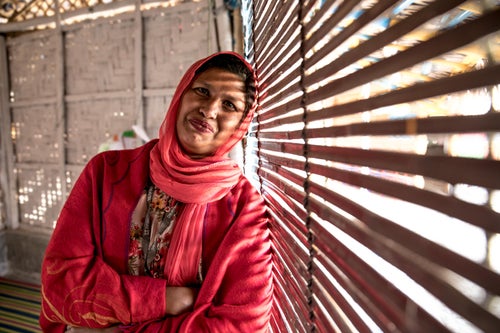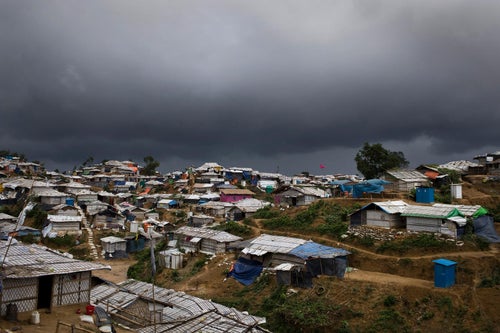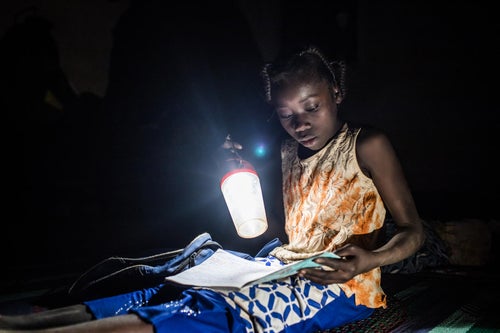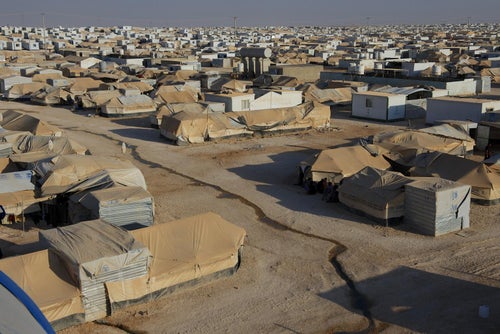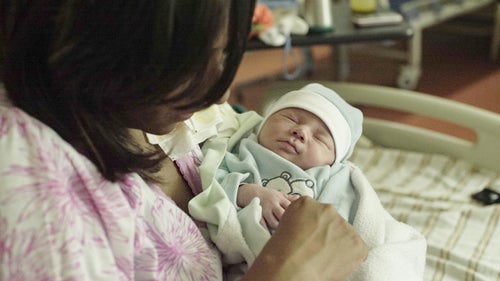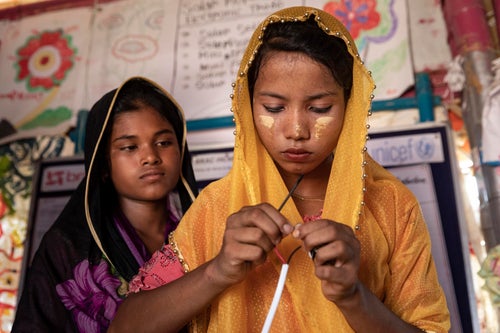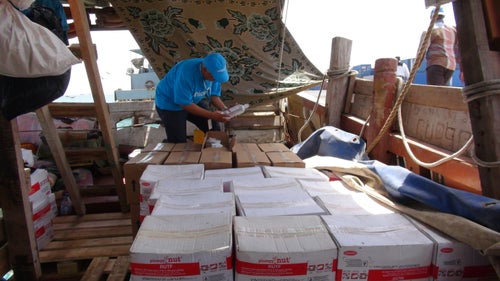There’s a new city in Bangladesh.
From above, it’s a maze of bamboo and plastic shelters balancing precariously on rolling hills. On the ground, it’s a bustling sanctuary for almost a million Rohingya refugees - every single one touched by a story of burning villages, murdered family members, unspeakable violence or lost homes.
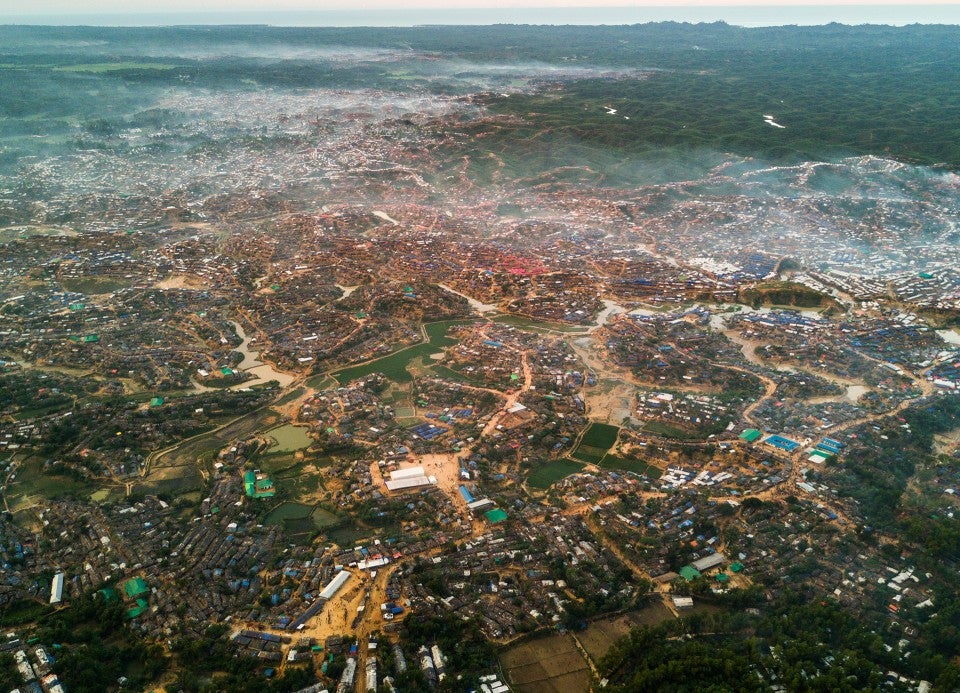
This new city is not a good place to grow up. Most of the refugees are children and UNICEF is working every day to make sure they can all survive, learn and play.
Our job is about to get a lot harder.
Rohingya children and families who have fled extreme violence are now facing a new danger: a looming natural disaster. Cyclone and monsoon seasons are approaching and UNICEF is bracing for an emergency. The deadliest cyclone ever recorded was here in Bangladesh – ripping through the country in 1970 and claiming as many as 500,000 lives.
If disaster strikes now, this new city could be devastated – wiping out the following treasures which children just can’t afford to lose.
New homes built with determination and love
It’s not his dream home but Bodiuzzaman built this shelter with his own hands.
His eldest daughter was killed as they fled Myanmar and now this Rohingya father is determined to protect his remaining children from other dangers. “In Myanmar they were shooting everywhere,” he says. “After building this house I feel peace in my heart.”
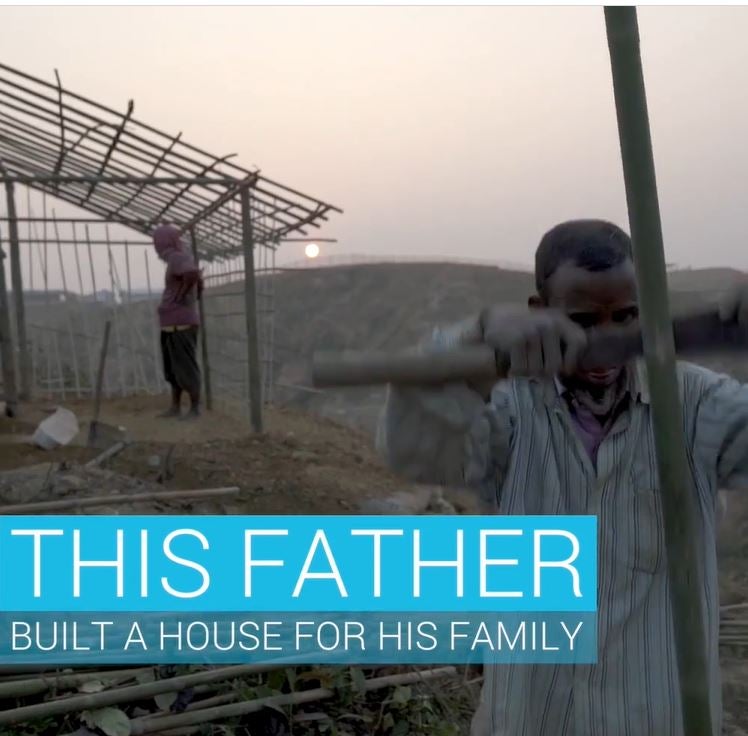
Building for his baby | UNICEF Australia
Like most refugees, Bodiuzzaman’s new home is made out of mud, bamboo poles, tarpaulin, plastic bags – whatever his family could find or collect at the end of their perilous journey from Myanmar. It’s an impressive effort but this shelter won’t keep them safe from floods, landslides or the blistering winds of a cyclone.
Parents like Bodiuzzaman are determined to protect their children from the coming storms and defend the only places they have to call home.
Rooms full of music and laughter
In the middle of these chaotic camps, UNICEF helps to create the rarest of things: a peaceful space for children to learn, play, sing, dance and draw.
If monsoonal winds and rains topple these child-friendly spaces, children won’t just lose their toys and books. Play is the perfect way for children to make friends and start to recover from violence and displacement. Learning centres are a chance to feel normal in the hectic bustle of the world’s largest refugee settlement.
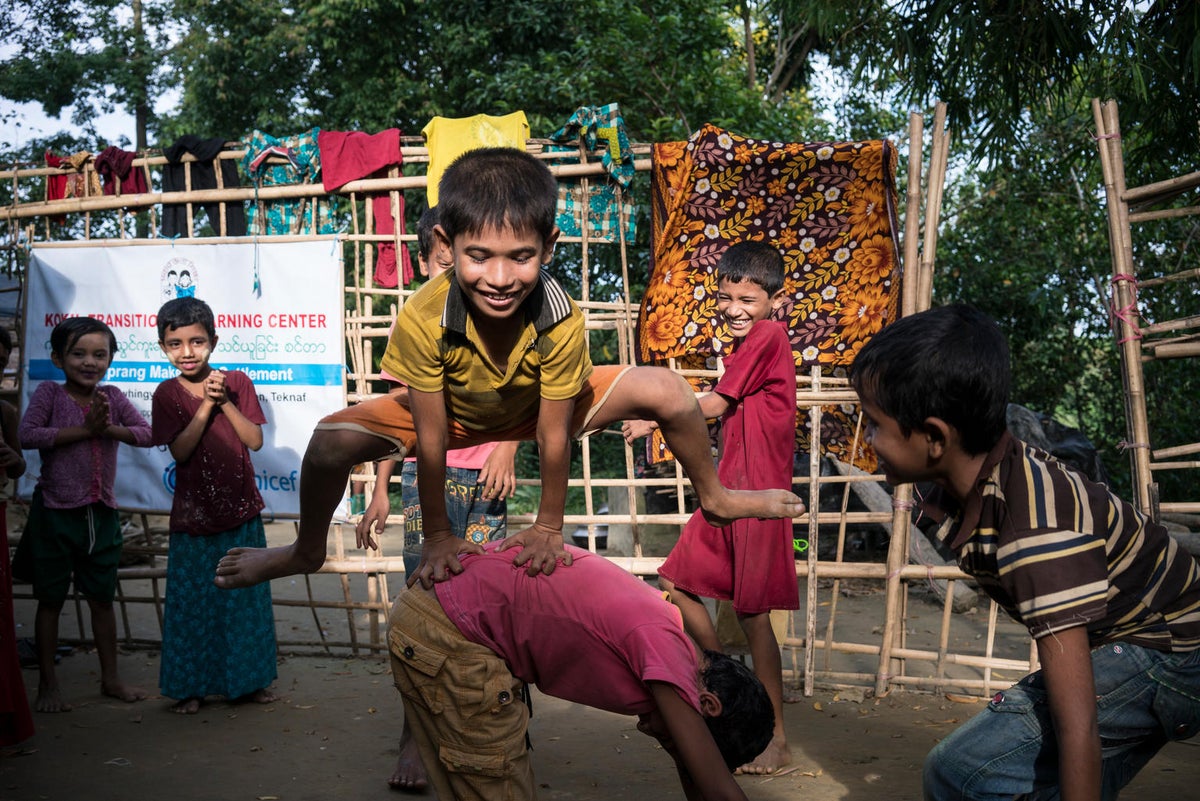
We can’t stop the rains but we will do everything possible to keep children in class. UNICEF is reinforcing these precious spaces and stocking mobile centres that we can operate from a safe, dry place. We’re prepared and efficient – it takes just $4 for us to buy learning materials for a child – but with over 200 learning centres at risk, we urgently need help to buy supplies. Every day a child is out of class leaves them at risk of falling behind or dropping out or becoming vulnerable to child labour or other exploitation.
Donate Where the Need is Greatest
Help us keep children safe and in school through rain, hail or disaster with an urgent donation.
The joy of a clean, gushing water supply
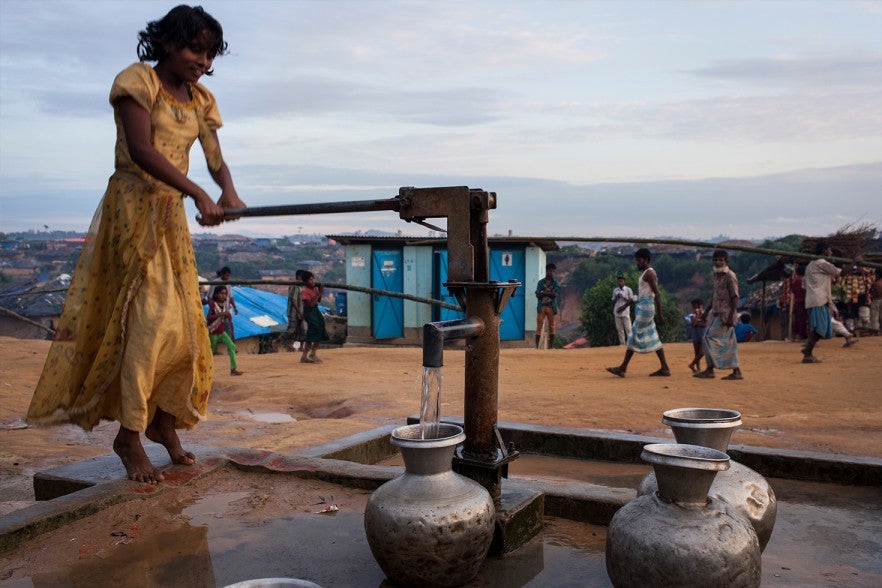
In monsoon and cyclone season, there’s bad water and good water.
Bad water carries diseases from flooded toilets into walkways, homes and fresh water sources. Bad water makes a child’s every sip or trip to the bathroom a serious risk. Bad water spreads diseases like cholera that can kill a child within hours.
Good water is life.
UNICEF is helping deliver the 22 million litres of good water that people in the camps need to survive everyday. That’s 10 Olympic-sized pools of clean, gushing, reliable water every single day.
Now all of this is at risk. Floods and landslides could destroy or contaminate half of existing water points in the camps and turn a bad situation into a catastrophe.
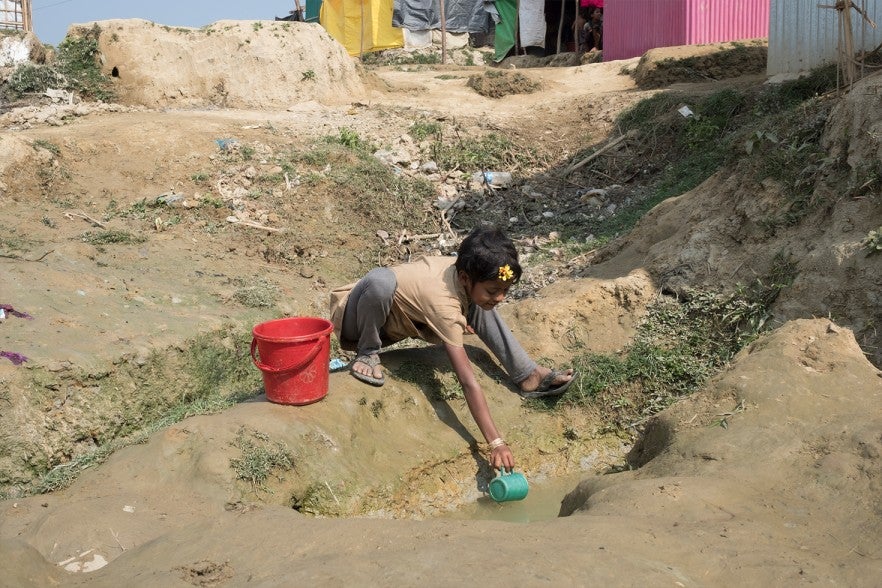
We know how to save lives in crisis. With your help, we can:
Truck in millions of litres of water every day
Vaccinate 1.1 million people to prevent a cholera outbreak
Deliver water purification tablets to help families treat their drinking water.
Help UNICEF to keep these treasures safe
UNICEF is racing to prepare for the storms. We’re rapidly working to prevent landslides, floods, cyclones and cholera from threatening children’s lives. Donate now to keep children safe and dry.
We’re giving children waterproof wristbands to trace their families if they get lost in the chaos. We’re vaccinating nearly a million people against cholera and we’re trucking in clean water on an incredible scale.
If we act together and act now, we can make sure a natural disaster doesn’t take hundreds of young lives. Donate today and keep children safe.
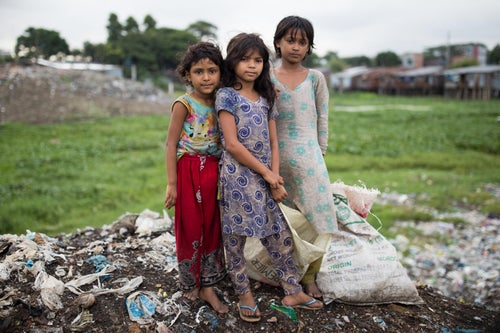
Donate Where the Need is Greatest
Help UNICEF to be there for children wherever the need is greatest, no matter what.
Related articles
Stay up-to-date on UNICEF's work in Australia and around the world



